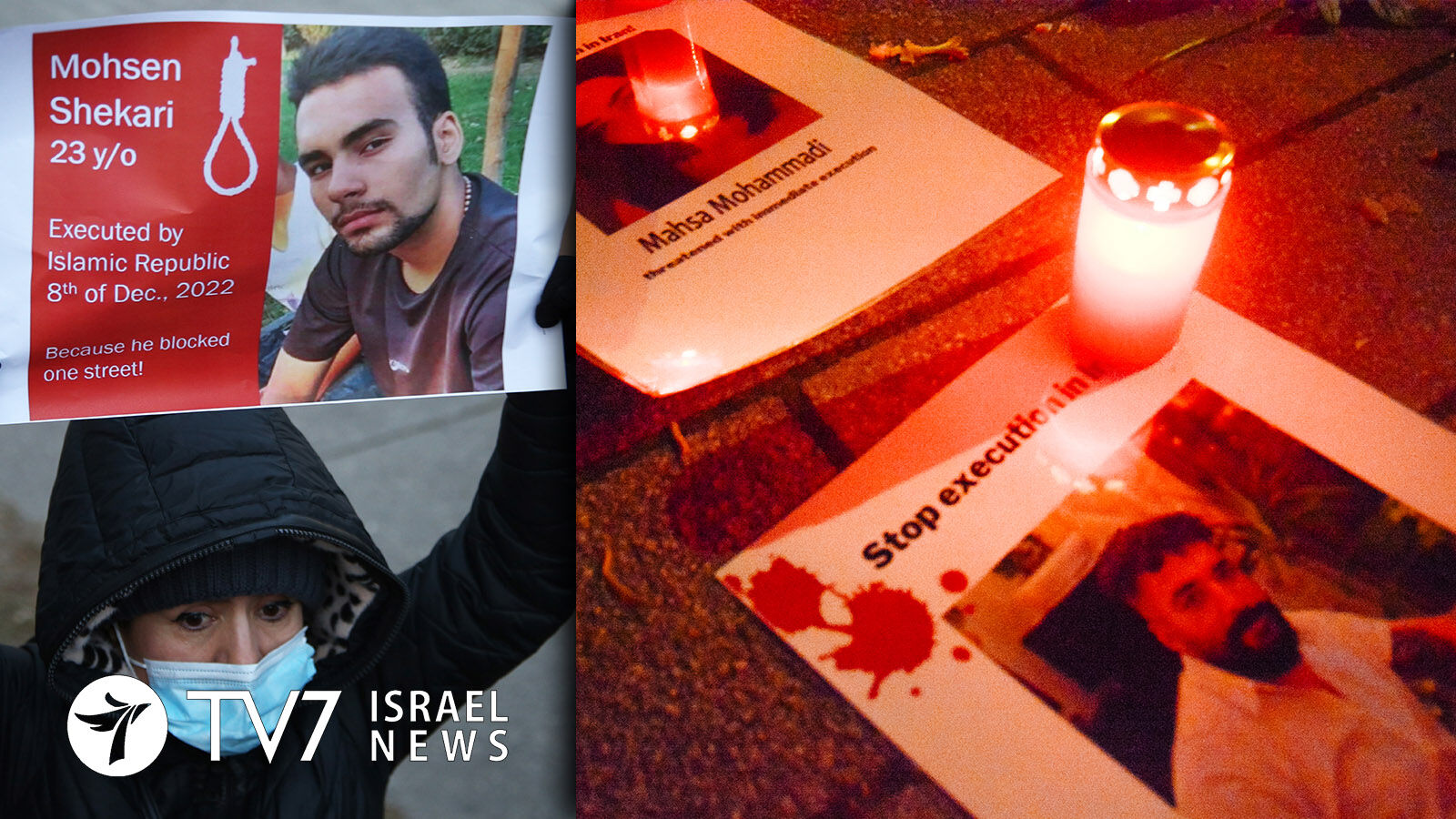The rial has lost nearly 20% of its value since the nationwide protests erupted three months ago.
By Erin Viner
The Islamic Republic’s troubled currency fell to a new low against the United States dollar on Saturday, amid a rush by the desperate public to secure their savings in attempts to purchase American and other hard currencies or gold.
$1 US sold for as much as ﷼ 395,600 rials on the unofficial market – marking a rise from ﷼ 386,800 on Friday, according to foreign exchange site Bonbast.com, while the the economic daily Donya-e-Eqtesad’s website listed the dollar rate as ﷼ 382,300, up 1.2% from Friday. Today, €1 Euro is equivalent to 44,054.98 rials ﷼.
Comparably, the rial was trading at about ﷼ 65,000 per US dollar in May 2018, just before Washington withdrew from Joint Comprehensive Plan of Action (JCPOA) nuclear deal between Iran and world powers while reimposing stiff sanctions on the country.
Tehran’s Central Bank Governor Ali Salehabadi acknowledged that “the events of the past two months” have contributed – along with the US punitive measures – to a record fall of the national currency.
“To make adjustments in the (foreign exchange) market, we in the Central Bank will act both as a market-maker and as a hard currency policymaker,” Salehabadi said while speaking to state television, indicating that the injection of dollars into the market could help to bolster the rial. “Whichever hard currency is more in demand, we will offer that in the market,” he added.
In one of the toughest challenges since the 1979 Islamic Revolution, mass protests against theocratic rule in Iran have been ongoing since the 16 September death of 22-year-old Mahsa Amini in custody following her arrest by the so-called “morality police” for attire deemed insufficiently Islamic. Iranians from layers of society have taken to the streets in a popular revolt to express outrage over her killing and the suppression of human rights by clerical rulers in the country, with many calling for the ousting or deaths of Supreme Leader Ali Khamenei and President Ebrahim Raisi. The Ayatollah regime has accused Israel and Western nations of instigating the unrest in a bid to launch civil war in the country.
The activist HRANA news agency reported that 495 protesters had been killed as of Friday, including 68 minors. 62 members of the security forces have also been killed. 18,450 people are estimated to have been arrested. Several have been executed or sentenced to death.
A large crowd at a metro station in Tehran on Saturday chanted, “Political prisoners must be freed!” as seen in a video posted on Twitter by 1500tasvir, an account that has 400,000 followers.
Among those most recently detained is a prominent actress who had expressed support for the demonstrators.
Taraneh Alidoosti, who starred in the Academy Award winning film, “The Salesman,” as best foreign language film in 2016, was arrested after posting a photograph of herself without a head scarf with a sign bearing the demonstrators’ main slogan, reading: “Woman, life, freedom.” She had previously been slapped with a a five-month suspended sentence in 2020 for posted a message on Twitter critical of the morality police, which enforces hijab or Islamic dress code.
Citing a judiciary statement, the official IRNA news agency announced Alidoosti’s arrest for failing to “provide documents backing up some of her claims.” Similarly, said the statement, several other celebrities had been summoned, with some detained, over “unsubstantiated comments about recent events, and publishing provocative material in support of earlier street riot.”
Alidoosti is the most recent of dozens of artists, journalists and lawyers taken into custody since September for speaking out against a violent security crackdown on the protesters, some of whom have been released on bail.
In other related developments, the United States and its Western partners are refusing to abandon diplomatic efforts to resolve the Iranian nuclear dispute.
“We have to continue engaging as much as possible in trying to revive this deal,” High Representative of the European Union Josep Borrell, said last week despite a lack of success after nearly two years at the Vienna Talks to revive the JCPOA, under which Tehran reined in its nuclear program in return for relief from economic sanctions.
“I think that we do not have a better option than the JCPOA to ensure that Iran does not develop nuclear weapons,” said the EU Foreign Policy Chief.
The uphill climb to restore the pact has grown ever steeper this year over Iran’s accelerated nuclear development, failure to honor obligatory inspection of suspect sites by the International Atomic Energy Agency (IAEA), the brutal crackdown on the popular protests and supply of Shahed-136 exploding “Kamikazee” drones to Russia for use against Ukraine.
